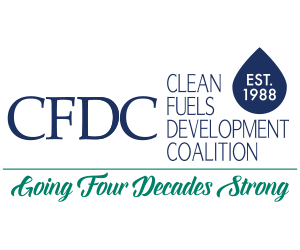An article by CFDC Member Dave VanderGriend and Director Doug Durante published in the Biofuels Digest was in response to the media coverage, both national television and print media, of the disastrous spill of 11,276 barrels of benzene-based octane-enhancer reformate in the Houston ship channel. The article made the clear point that reformate was a more genteel name for toxics, including benzene, a known carcinogen. Houston newspaper articles downplayed the heath hazards of the spill and petroleum industry representatives pointed to a Center for Disease Control and Prevention (CDC) report that reviewed thousands of air monitoring samples for a range of toxics. The report found that In the beginning, tests detected a benzene reading 14 times higher than the level of concern for short-term health effects about seven hours after the collision. “This reading wasn’t replicated, however, and no high-level detections were made after that.” Water is one of the most effective carriers of non soluble compounds and these carcinogens could be miles away. Was that an amazing clean up – or coverup? #Gasolinegate #SafeGasolineCampaign. Clean octane in the form of renewable ethanol can replace these carcinogens refiners use to increase octane and the public needs to understand the health hazards they are exposed to from consumer gasoline. The American Petroleum Institute stated in Congressional testimony as far back as 1948 that the safe threshold for benzene was zero. Since 1948 every health organization has classified benzene as a known human carcinogen – including the EPA.
Recent Posts
- The Public Health Service and Leaded Gasoline
- The Growing Problem of Vehicular Air Toxics
- STOP THE SEQUEL!
- Get More Ethanol Into Gasoline!
- Message From Brussels: Value Proposition for Ethanol’s Octane Dwarfs SAF, Marine Markets
- Where will the Reductions Come From? High Octane BioEthanol to the Rescue
- The EPA E15 Ruling– No Need to Stop There.
- You Can’t Put a RIN in Your Gas Tank
- Energy, Environment, Carbon, Climate, Renewables, EVs… EPA has a Rubiks Cube on their Hands They Don’t Know How to Master.
- New Issue Brief on Next Generation Fuels Act
